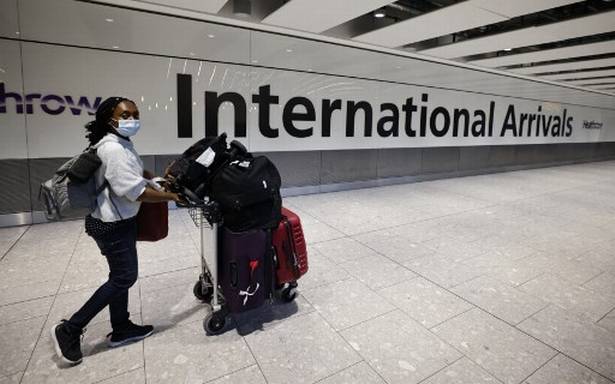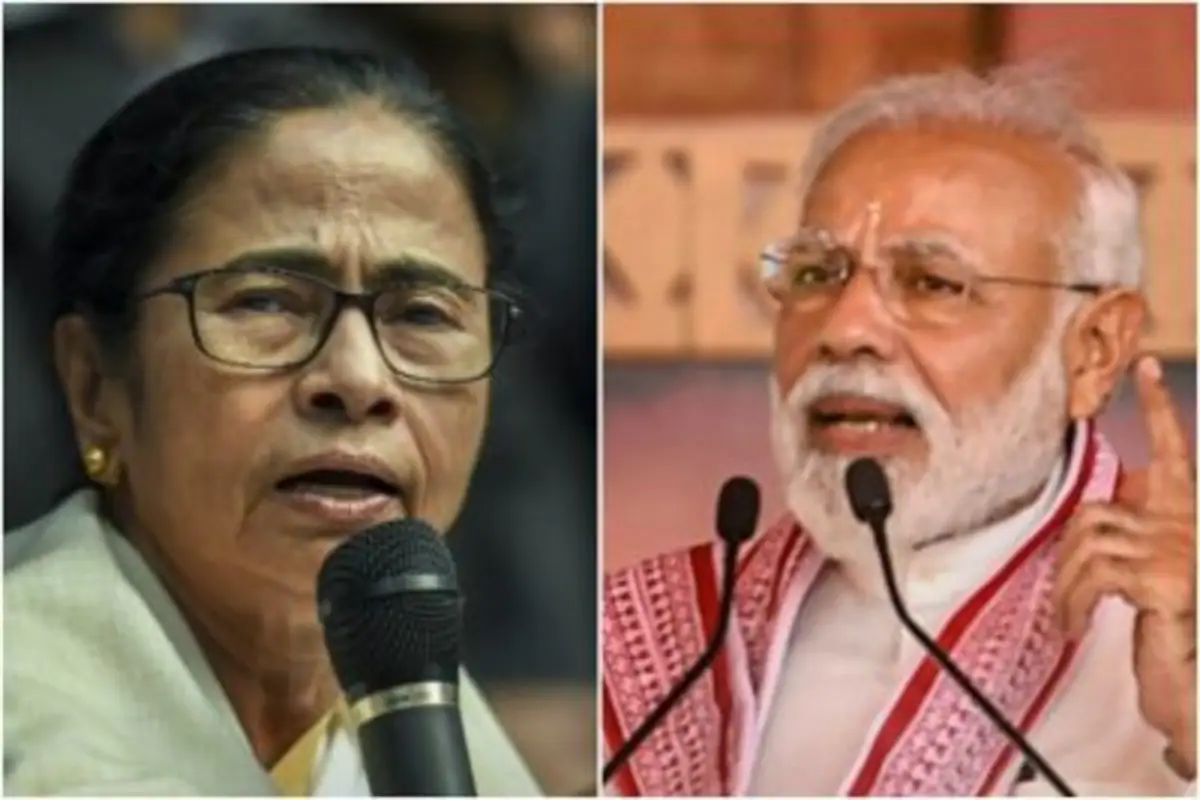India could impose “reciprocal measures” on the United Kingdom if London maintained the current quarantine policy that subjected Indian travellers “irrespective of vaccination status” to a quarantine period lasting 10 days, Foreign Secretary Harsh Vardhan Shringla said here on Tuesday. There was an option of mutual recognition of vaccination certificates, he noted at a press briefing.
The comments came hours after External Affairs Minister S. Jaishankar met his British counterpart Liz Truss in New York on the sidelines of the United Nations General Assembly.
“The External Affairs Minister has raised this issue strongly with his counterpart, the new Foreign Secretary of the United Kingdom, and I am told that certain assurances have been given that this issue would be resolved. And as you saw, the Minister has said this issue should be resolved at the earliest possible to mutual satisfaction. We have also offered some of our partner countries the option of mutual recognition of vaccination certificates or vaccine certification. But these are reciprocal measures. I think if obviously, as we go along, we will have to see how it goes. If we don’t get satisfaction, we would be well within our rights to impose reciprocal measures,” Mr. Shringla observed.
Covishield issue
He indicated that the U.K.’s policy to impose 10 days quarantine on people vaccinated with Covishield did reveal a gap in that country’s policy regarding vaccines made in India. “The basic issue is that here is a vaccine – Covishield – which is a licensed product of a U.K. company, manufactured in India. Of which we have supplied five million doses to the U.K., at the request of the U.K. We understand this has been used in their National Health System and therefore, non-recognition of Covishield is a discriminatory policy,” he stated. This policy hurt Indian nationals travelling to the U.K., he pointed out.
Earlier, Mr. Jaishankar remarked he had taken up the matter with Ms. Truss and “urged early resolution of the issue in mutual interest”.
The U.K., on August 8, moved India to the ‘Amber list’, taking it away from the ‘Red list’. This opened the British “Visit visas” to Indian travellers “irrespective of vaccination status”. It also changed the earlier requirement of 10 days of quarantine in hotel and permitted the same duration to be spent at home. However, travellers were allowed to test for COVID-19 after five days and end the quarantine if the test turned negative. The change has seen a surge in Indian demand for U.K. tourist visa.
20,000 visas issued
The Hindu has learnt that the British High Commission here has issued at least 20,000 visas for Indian travellers in the last four weeks. However, India has kept tourist visas suspended, which is preventing vaccinated British tourists from entering India.
It was also learnt that the recognition of Covishield of the SII is not an issue for the U.K. and the real problem is the vaccine certificate, which is stuck on procedural and technical matters related to the healthcare database of the U.K.
Earlier, a British High Commission spokesperson said, “We are engaging with the Government of India to explore how we could expand U.K. recognition of vaccine certification to people vaccinated by a relevant public health body in India.”



